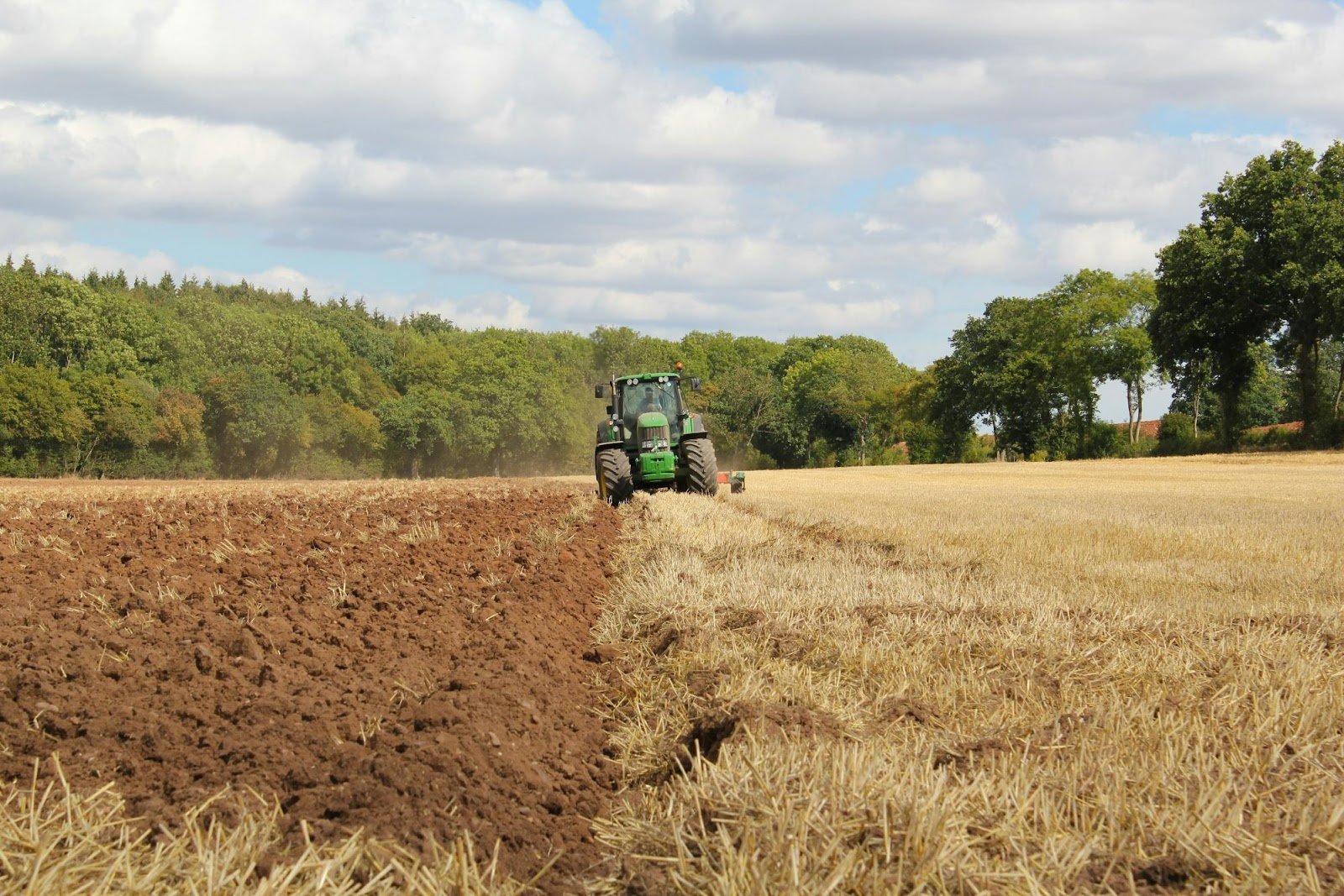The success and sustainability of commercial farming operations hinge on the effective management and utilization of various resources. From state-of-the-art machinery to cutting-edge farming techniques, commercial agriculture relies on a multitude of factors to optimize productivity and profitability. The right combination of physical, technological, financial, and human resources can empower farmers to achieve higher yields and navigate the complexities of the modern agricultural landscape. Below, we delve into the critical resources that can make a significant difference in commercial farming ventures.
Understanding the Importance of Resources in Commercial Farming
Resources form the core of commercial farming, from seeds and fertilizers to energy and water. Smart allocation directly influences crop health and farm profits, making it essential to balance resource use with land optimization. As demand for food grows, farmers must prioritize sustainability by adopting practices that protect soil fertility and minimize water use. Companies like Agricultural Construction Saskatchewan often assist farmers in developing infrastructures that support both intensive farming and environmental preservation.
Resource management also includes financial investments in technology, ERP solutions, and skilled labor. Hiring knowledgeable agronomists and focusing on employee development can boost farm productivity. Staying updated on laws around land use, labor, and environmental protection is critical. Navigating these evolving regulations ensures that commercial farming operations remain both compliant and profitable.
Essential Tools and Machinery for Efficient Crop Production
Efficient crop production relies heavily on tools and machinery in farming, such as planters, tractors, and harvesters. Investing in high-quality, durable machinery is a long-term investment that can yield substantial returns. It comes with challenges like maintenance and operational costs.
Farmers need in-depth knowledge or access to service providers to ensure optimal performance. Advancements in agricultural machinery have increased efficiency and reduced environmental impacts, with features designed to minimize soil compaction and fuel consumption. Agricultural Construction Saskatchewan emphasizes building durable farm structures to house these tools and machinery, with appropriate storage and workshop spaces for resource management.
Leveraging Technology for Precision Agriculture and Data Analysis
Precision agriculture is a farming management concept that focuses on observing and responding to crop variability. Technology, such as drones, satellite imagery, and field sensors, aids in collecting and analyzing vast amounts of data for informed decision-making. Integrating ERP solutions improves operational efficiency, streamlining aspects of farm management like inventory, supply chain logistics, accounting, and customer relations.
Analytics and big data are increasingly used in farming to improve planting techniques, pest management, and irrigation systems, promoting sustainable practices. Mobile technology also plays a crucial role in managing farming resources, providing farmers with access to critical data and functionalities.
Financial and Investment Resources for Commercial Farm Operations
Capital is crucial for commercial farming operations, as it requires substantial upfront investments in land, equipment, and supplies. Financial resources like loans, grants, and investment capital are essential for growth and innovation. Partnerships with investors can provide necessary capital, expertise, and networks for strategic investment in farming techniques or market expansion.
Government-supported financial programs offer favorable terms and conditions, making them attractive for farmers seeking to minimize financial risks. Some programs also provide funding for sustainability initiatives and technological adoption. Insurance, such as crop, property, and business interruption insurance, is an important financial resource for farmers, protecting against unforeseen circumstances and ensuring the industry’s stability.
Accessing Expert Advice and Extension Services in Agribusiness
Knowledge is crucial in commercial farming, as it helps farmers stay updated on new methods, technologies, and industry standards. Extension services and agricultural consultants offer expert advice to optimize operations, navigate challenges, and seize opportunities. Online platforms and communities provide access to research, market trends, and case studies, fostering collaborations and partnerships.
Specialized consulting services, such as pest management and crop nutritionists, can significantly improve productivity and sustainability. Workshops, conferences, and trade shows provide opportunities for farmers to learn about industry innovations and connect with suppliers and peers. Continuing education is essential in an industry constantly reshaped by technological advancements and changing consumer preferences. Knowledge is a powerful resource in commercial farming.
Altogether, commercial farming operations that leverage a mix of advanced machinery, technology, financial resources, and expert advice are better positioned to thrive in the agricultural industry. Recognizing the value of each of these resources, and effectively integrating them, remains a core element of successful agribusiness strategies. With the right tools and knowledge, farmers can not only maximize yields but also pilot their operations towards a more profitable and sustainable future.

